Deity Microphones has unveiled the THEOS DIFB, a next-generation Ultra-Wideband IFB receiver, designed to simplify frequency coordination for professionals in broadcast, film, and live event production. Announced at NAB 2025, the THEOS DIFB brings industry-leading flexibility and automation, thanks to its extensive tunable range of 550MHz to 960MHz—the widest of any IFB system to date.
A key innovation is Deity’s Global OneBand™ Technology, which allows the DIFB to automatically conform to local RF regulations via GPS, eliminating the hassle of manual frequency adjustments when working across different regions. Additionally, its auto-pairing feature enables users to scan and connect to nearby THEOS transmitters effortlessly.
The unit is built for reliability and ease of use, featuring dual SMA ports for true diversity reception, a 20-preset frequency library, a metal rotary encoder, and an ultra-long 17-hour battery life. The large color display provides clear visibility of settings, while integration with the SIDUS Audio app enables remote frequency scanning, bank library programming, and bulk updates.
One of the standout features of the THEOS DIFB is its Text-to-Speech (TTS) capability, inspired by walkie-talkie technology. This function reads out the transmitter’s DID name through the user’s headphones, allowing for hands-free frequency identification.
Deity has also announced the SF1 Sharkfin Antenna, a high-gain directional RF antenna designed to complement the DIFB. Covering a range of 470MHz to 1GHz, the SF1 is housed in a rugged IP54-rated metal enclosure and features an active RF amplifier for enhanced signal strength in demanding environments.
“The THEOS DIFB is a game-changer for IFB systems,” said Andrew Jones, Global Marketing Director at Deity Microphones. “Our goal was to create a product that simplifies frequency management while introducing features that truly enhance the user experience. We’re excited to bring this technology to the market.”
Pricing and availability details will be confirmed after NAB 2025.





























